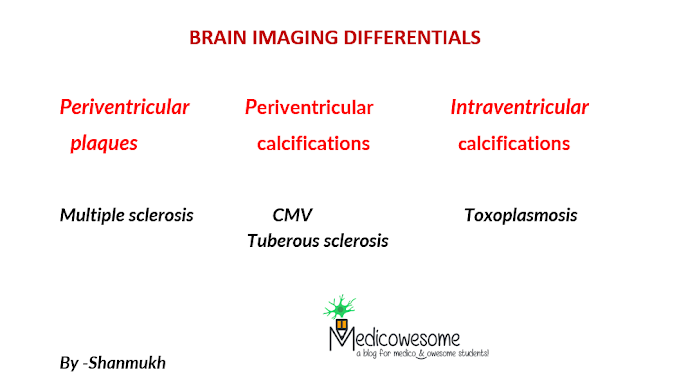Hello all !
Dysbarism:
Pathophysiology of dysbariam depends on the Boyle's law : in which pressure is inversely related to volume
When you descend e.g deep water : Pressure increases and volume decreases
When you ascend : Volume increases and pressure decreases
I will explain the main disorders of Descent and Ascent
Disorders of descent
1. Nitrogen Narcosis
Gas we breath contains all gases : including nitrogen.
When you descend the nitrogen gas dissolves in blood and causes the symptoms of nitrogen intoxication.
Management : Ascent
2. Barotitis
Pressure damage to the ear due to squeezing secondary to the elevated pressures
Management: Ascent , supportive treatment
Disorders of Ascent
1. Arterial Gas Embolism
Volume expansion in every air filled areas of the body e.g GIT, Alveoli
When it occurs in the alveoli it cause the formation of an air embolus into the pulmonary vein : which can travel to the brain - causing stroke, in the heart - causing Myocardial Ischaemia
Usually acute onset : usually within minutes of ascent (e.g from diving)
Management: involves hyperbarric treatment
2. Decompression Sickness
This is caused by formation of nitrogen gas bubbles (opposite to when you descend where it dissolves)
There are two main types of decompression sickness
i. Type 1
- Usually involving the skin and joints : painful skin and joints
ii. Type 2
- Usually involving the CNS : paraesthesia, paralysis
Management involves : Hyperbarric treatment , Oxygen, Aspirin
NB : patient with type 1 DS : have to avoid air travel for upto one week ,those with type 2 DS : have to avoid air travel for upto 1 month
I hope it was helpful ! For any queries feel free to contact me
Happy reading !
Author : Mohammad Faruk Omar
Emergency Medicine Resident
Muhimbili University of Health and Allied Sciences, Tanzania















